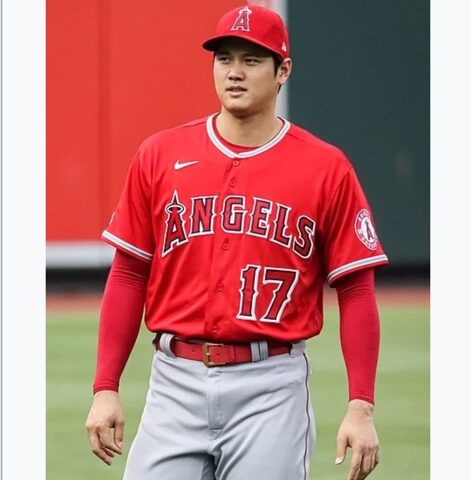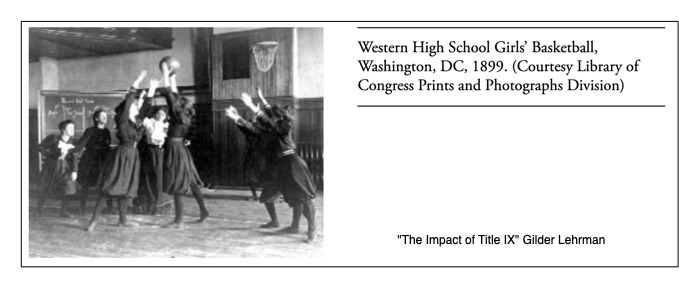
Why Coffee Matters in a Merger
December 12, 2023
A Global Look At Learning (Maybe)
December 14, 2023Superstar MLB player Shohei Ohtani reputedly deferred most of the income in his new contract with the Los Angeles Dodgers. Citing a “gesture of unselfishness,” Sports Illustrated said he wanted the team to be able to pay for winning players.
It’s refreshing to hear but still I wondered. Axios had another explanation.
Shohei Ohtani Economics
Ohtani’s 20-year whopping total LA Dodgers contract is $700 million.
However, he will have to wait. The media tells us that Ohtani will receive $2 million annually for 10 years. Then, for the next decade, even if he isn’t playing, his annual pay will be $68 million.
Pondering the deal, Shohei Ohtani had three macro considerations.
According to Axios, if the future U.S. inflation rate averages 2.19 percent, then in 2034, his $68 million will have the purchasing power of $54.8 million in current dollars. Correspondingly, a lower inflation rate makes the money worth more while an unexpectedly high rate sinks the future value of the deal.
But there is so much more to calculate. His sacrificed interest payments could annually total $18.55 million or $185.5 million over the decade (at 5% interest). Also, what Ohtani earns depends on where he lives. It could be a no income tax state.
It also could be Japan. With its rock bottom rates of inflation, Japan could preserve the value of his income.
Endorsements
It’s a bit misleading to conclude that Ohtani’s annual paycheck is $2 million when he has been called “baseball’s endorsement king.” Estimated at somewhere between $35 million and $50 million, for 2023, these are his endorsements:

Our Bottom Line: The Time Value of Money
For Shohei Ohtani, the list of economic variables is daunting. But, whether focusing on how much to defer, on interest, on taxes, on inflation, still there is one thread. He surely recognized the time value of money. He knows that today’s dollar or yen will have less value in the future. Or, we could say that “Money today is worth more than money tomorrow.”
True for Ohtani but also for you and me, we should care about the time value of money.
And, returning to our title, that does depend on how the Federal Reserve orchestrates interest rates.
My sources and more: Thanks always to Axios’s Mike Allen for his newsletter and the Ohtani economic lens. Then, though, in a slew of articles, I discovered several new perspectives. Sports Illustrated had the altruistic side while Sportico described the taxes he could owe. Then finally, at mlb.com, we could see how the deal let the Dodgers sidestep the Competitive Balance Tax and WSJ tells us that, remembering the time value of money, today’s $700 million might really be an estimated $460 million.
![econlifelogotrademarkedwebsitelogo[1]](/wp-content/uploads/2024/05/econlifelogotrademarkedwebsitelogo1.png#100878)




